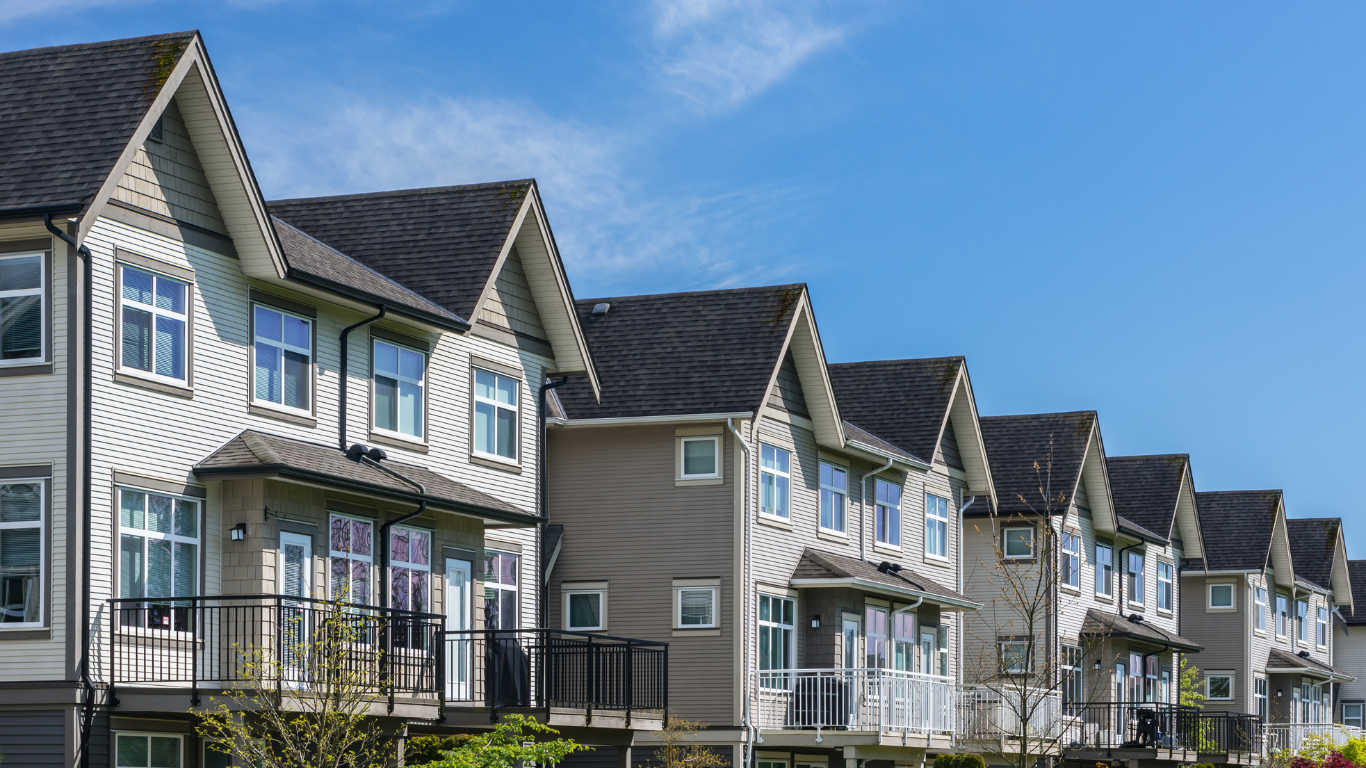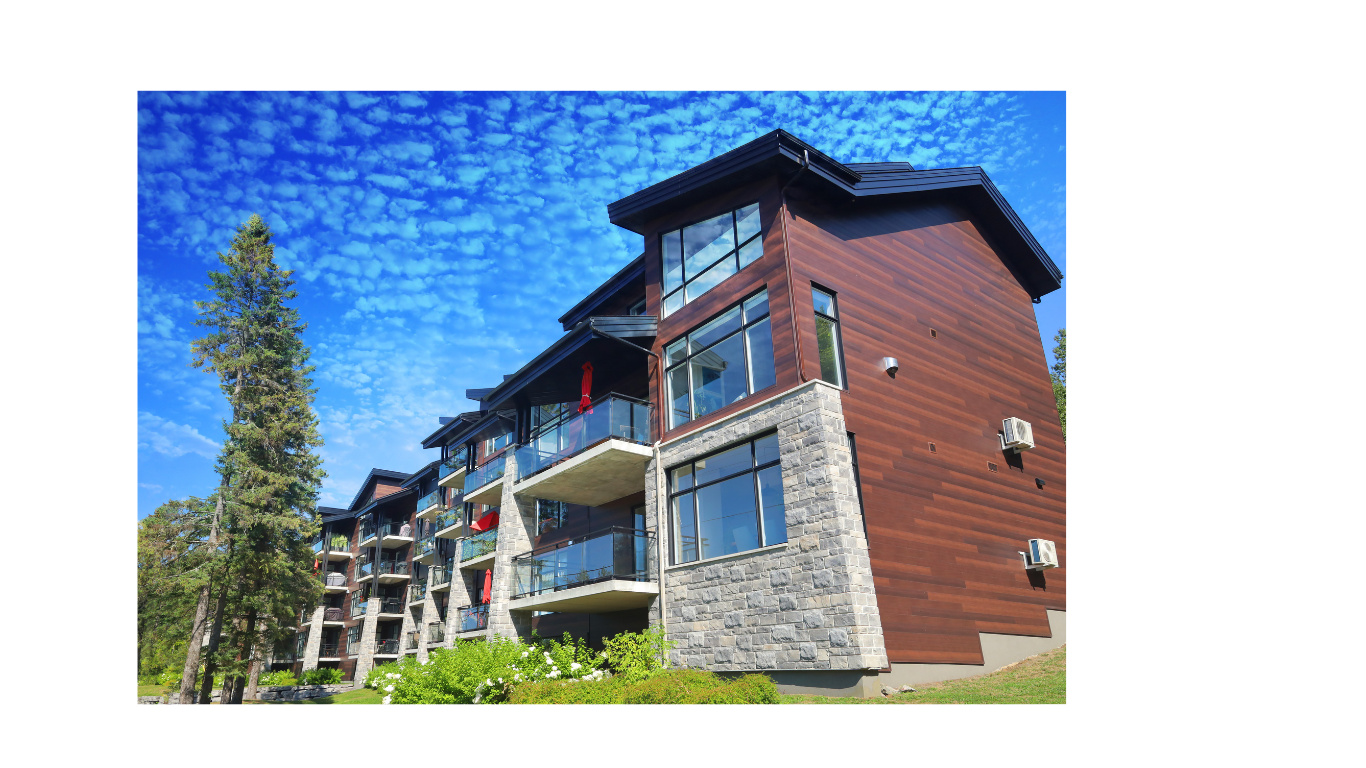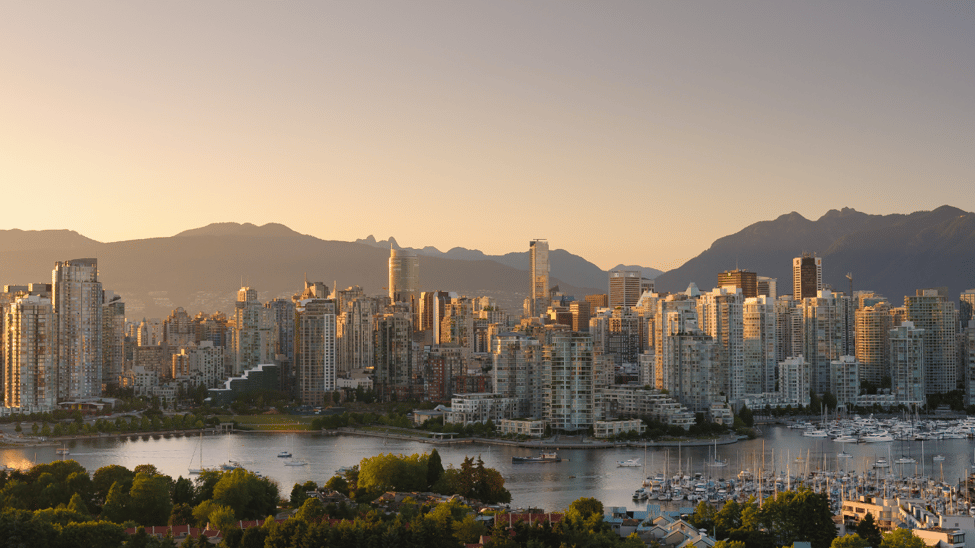When it comes to buying a home in Vancouver, homebuyers have two main options: pre-sale or resale. While pre-sale homes may seem like the more attractive option due to the allure of new construction and customization, there are several reasons why resale homes may be a better choice. Let's take a closer look at the pros and cons of pre-sale and resale homes in Vancouver.
Pre-Sale Homes: Pros and Cons
Pros:
- Customization: Pre-sale homes offer the opportunity for customization, allowing homebuyers to choose their finishes, fixtures, and other features. This can be a significant advantage for homebuyers who want to personalize their home and make it their own.
- New Construction: Pre-sale homes are brand new and come with the latest design features and technology. This can be a significant advantage for homebuyers who value modern design and to have a home that has never been lived in.
- Potential for Value Appreciation: Pre-sale homes have the potential for value appreciation, particularly if purchased in an up-and-coming neighborhood. This can provide a significant return on investment for homebuyers over time. For example, if you purchase a presale that completes in 3 years, and the market goes up? When you take possession of your home, it could be valued higher than when you purchased it.
Cons:
- Construction Delays: Pre-sale homes are not move-in ready, meaning there is a delay before homebuyers can move in. This can be stressful and inconvenient, particularly if the construction project experiences delays, which is common.
- Additional Cost: Pre-sale homes are typically more expensive than resale homes, sometimes as much as 25% more, as you are buying a brand new product. Pre-sale homes also come with additional costs, the big one being GST at 5% of the purchase price. This can increase the overall cost of the home and make it less affordable for some homebuyers.
- Uncertainty: Pre-sale homes are not yet built, meaning there is some uncertainty regarding the final product. Homebuyers may not be able to see the finished product before committing to a purchase, leading to potential disappointment. Conversely, to point 3 above, there is risk if the market takes a downturn. Generally unlikely, but if the market were to slow and values drop, your purchase price is firm and would not be adjusted for the market value at the time of completion.
- Little room for negotiation on price: Developers set their price, and are willing to wait for a buyer who will purchase. Sometimes, depending on the market, GST or a "decorating allowance" could be negotiated into the purchase price. However, for the most part, developers are looking to meet the price they set.

Resale Homes: Pros and Cons
Pros:
- Move-In Ready: Resale properties are typically move-in ready, meaning there is no delay before homebuyers can move in. This can be a significant advantage for homebuyers who want to move in quickly or who do not want to deal with the stress of managing a construction project.
- Established Communities: Resale properties are often located in established communities with amenities and services already in place. This can include access to public transportation, community centers, and parks. This can be a major advantage for buyers who value community and convenience.
- Ability to Negotiate: Resale properties are often more cost-effective than pre-sale properties. Depending on the market, buyers can usually negotiate on price on a resale property. The additional costs associated with new construction, such as GST, are not payable on resale properties in most cases.
- Potential for Renovation: Resale properties often have more potential for renovation and customization than pre-sale properties. Buyers can find a property with good bones and the potential for renovation, allowing them to create their dream home without the limitations of new construction.
- Proven Value Appreciation: Resale properties have a track record of value appreciation, which can provide peace of mind and security for homeowners. Buyers can invest in a property in a neighborhood with a track record of value appreciation, and start building equity from the time they purchase, ensuring their investment will hold its value over time.
Cons:
- Limited Customization: Resale properties often come with pre-existing finishes and fixtures, limiting the customization options for homebuyers.
- Potential Maintenance Costs: Resale properties may require more maintenance and repairs than pre-sale properties due to their age.
- Limited Warranty: If older than 10 years, resale properties typically do not come with a warranty, meaning homebuyers are responsible for any repairs or maintenance required.

While pre-sale properties may seem like the more attractive option, buying a resale property in Vancouver could be a better choice for many buyers. Resale properties offer the benefits of move-in readiness, established communities, cost-effectiveness, potential for renovation, and proven value appreciation. By working with a knowledgeable real estate professional, buyers can find a resale property that meets their needs and fits their budget.
Situations differ, and markets do change- so if you'd like to have a conversation about which would be a better fit for you in today's market, give me a call! I'd be happy to walk through the advantages and disadvantages of your specific situation.




